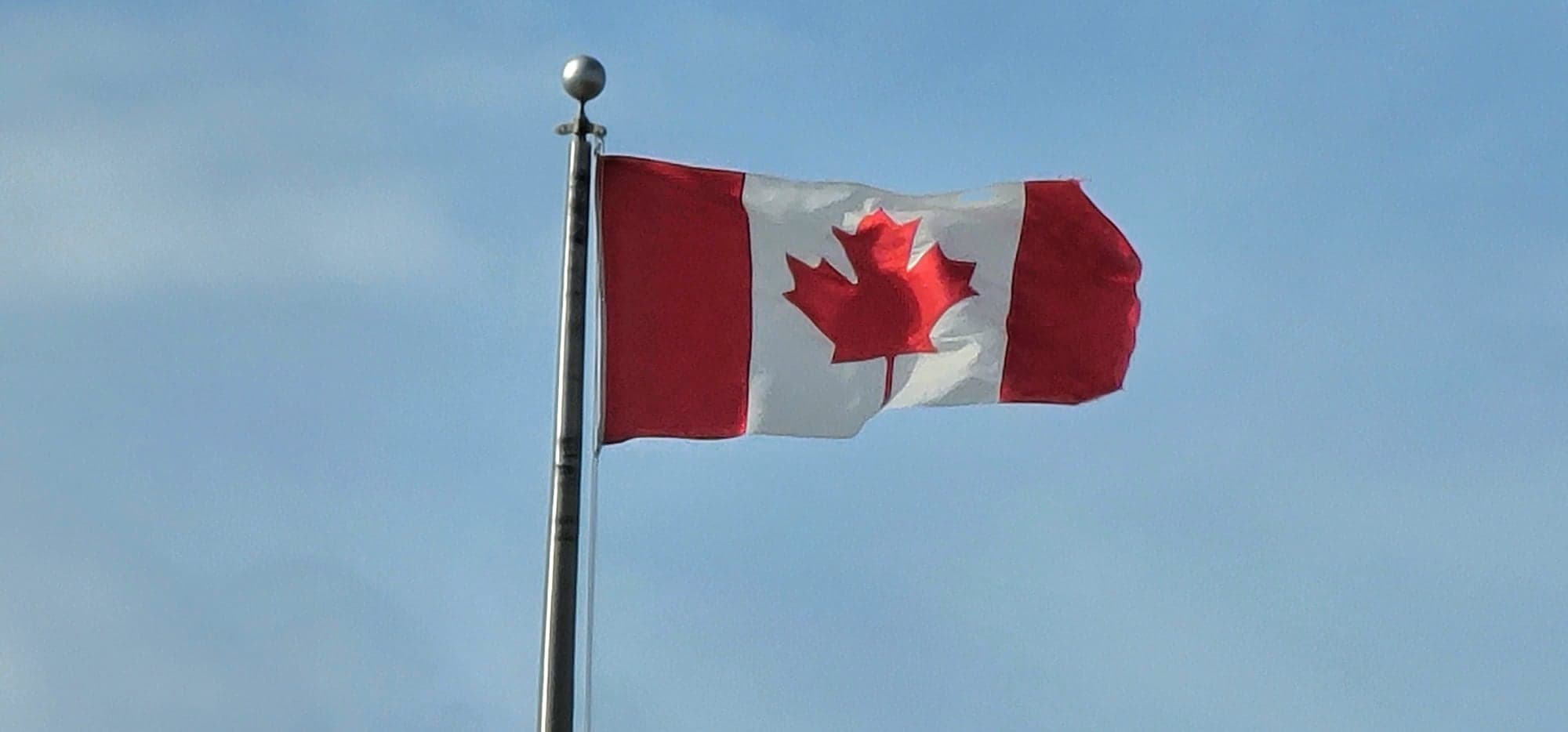Having the conversation about politics especially in the middle of an election season does not have to cost you family relations and friendships, if you can find common ground.
“Today’s political climate is a very divisive one,” says Marcus Cheung, manager of counselling initiatives with the Calgary Counselling Centre. “People have different opinions, and sometimes maintaining relationships with people around you at this time can be very difficult.”
The hardship arises especially where political beliefs don’t align.
“As a counsellor, I’ve seen a lot of situations where friendships, family relationships become pretty difficult.”
Cheung emphasizes that relationships always come first.
“That’s really the priority we encourage people to think about. How do we put our relationships first, and then perhaps the conversations and our opinion second.”
In the heat of a discussion like politics, temperatures could get quite high. But Cheung says try to remember that the relationship is still the most important thing even when the election is over.
“Our friend, our family member is much bigger than their opinion and their political stance.”
Cheung recognizes the qualities you share in common, like interests, experiences, and memories.
“We encourage people to focus on the qualities of that person. Sometimes this is much more helpful than the political opinions themselves.”
Then there is the issue of having respectful conversations even though this may not be your favourite relative or acquaintance.
“Even though we don’t agree with the other person’s opinion, we can say that we actually acknowledge them. Say things like, “I see where you are coming from, but the way I see things are very different.” Simply acknowledging the differences without going any further keeps the notion of respect in the communication – understanding that the two people can look at the same thing from very different angles,” says Cheung.
Agree to disagree
Listening is just as important as speaking, adds Cheung, noting we want to remain curious while putting our relationship first. Also, saying, “I like that it is okay for us to disagree on the two things that we see different here.”
Repairing relationships
Should things go completely sideways, and realizing that you still value the relationship, then when things cool down, that is usually a good time to repair a ruptured relationship.
“It takes a lot of courage to go back to the person and repair that rupture. I have given it some thought, and nothing is really more important than our relationship and our friendship,” says Cheung. “Sometimes, an apology would go a long way.”
But the counsellor says we really want to avoid it going to that point.
“Although our political views may be different, I think there are a lot of common things that people want actually, like justice, safety, opportunities for people, or security. These are the common things that we want.”
More resources are available online or in person via Counselling Alberta and the Calgary Counselling Centre.
In Lloydminster, mental health resources are available also online and in-person.



